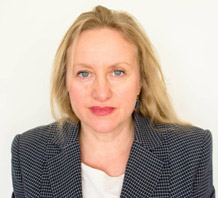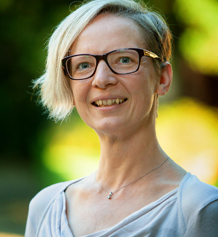EU political system and governance
Dario Castiglione has written and been involved in several EU funded projects on the constitutional development of the EU legal and political system, on its uneasy balance in between national, intergovernmental and supranational forms of governance, and on the role that democratic institutions and practices have within EU governance.
Claire Dunlop’s research explores how administrative and advisory governance across in the EU and its member states impacts perceptions of corruption, ease of doing business and sustainability outcomes.
Catherine Dupré has positioned the EU system of governance within a wider theoretical framework for European constitutionalism including human rights at the intersection of the EU, the Council of Europe and their common member states. Her latest research focusses on the theoretical, political and legal connections between human dignity and democracy.
Alison Harcourt has worked extensively on democratic representation in the EU, particularly on the role of national parliaments, and civil society organisations, and how they are involved in EU policy-making. She has also analysed how different channels of representation can be in tension with one another and produce democratic deficits.
Lise Herman is interested in the legal and political capacity of the EU to foster respect for the rule of law and human rights within both prospective and current Member States.
Jonathan C. Kamkhaji has carried out extensive research on the sovereign debt crisis of the EU. Building upon that research, Kamkhaji is currently working on the link between crises, learning and EU integration. Alongside his interest in EU’s economic governance, Kamkhaji has also contributed to the ERC-funded project Protego which investigates, in a comparative fashion, the effects of the diversity in the design of meta-regulatory instruments across the EU 27. Jonathan C. Kamkhaji is currently working on a project about regulatory oversight bodies (including the Regulatory Scrutiny Board of the EU Commission) and their effects on regulatory quality.
Sandra Kröger has worked extensively on democratic representation in the EU, particularly on the role of national parliaments, and civil society organisations, and how they are involved in EU policy-making. She has also analysed how different channels of representation can be in tension with one another and produce democratic deficits.
Aidan Power has researched the fallout from the EU’s commitment to economic austerity during the Eurozone crisis.

Claudio Radaelli works on regulatory governance in the EU, the interplay between crisis and learning in European integration, and the politics of evidence-based policy. He completed two advanced European Research Council’s projects when at the University of Exeter.
Florian Stoeckel’s research examines the determinants of public support for European integration. He also analyses citizens’ perceptions and common misperceptions of authority in the EU.









